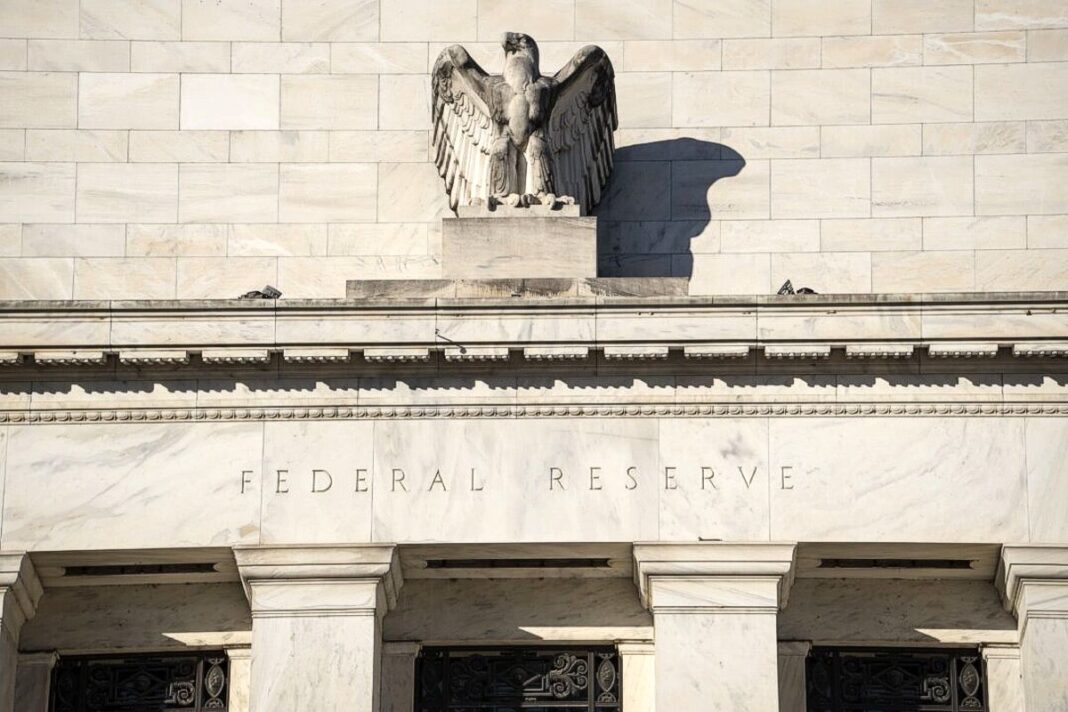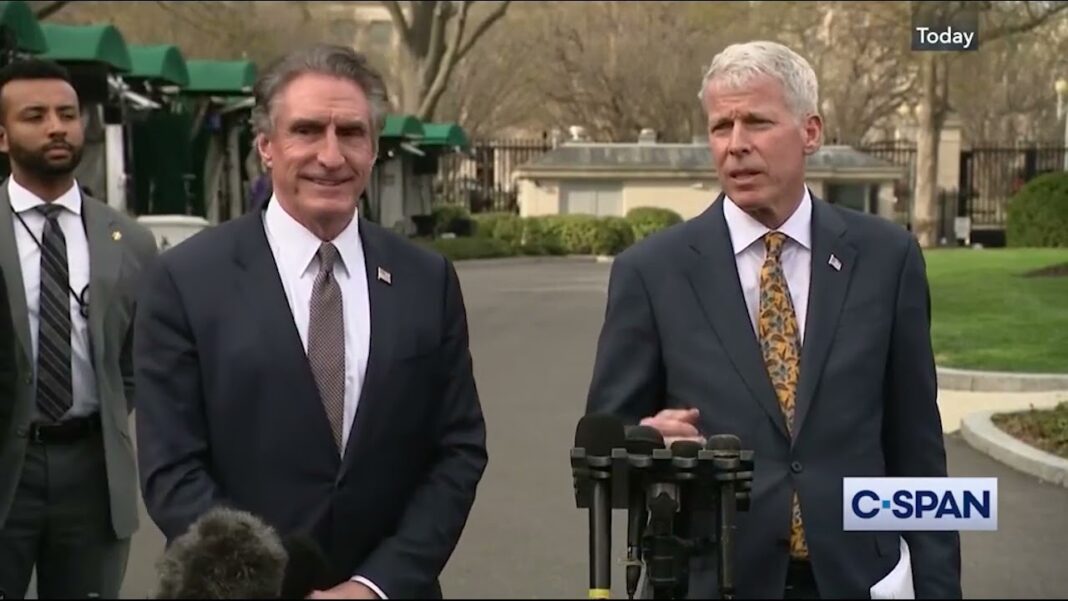Trump and senior administration officials say the Federal Reserve has been too slow to reduce rates.
Federal Reserve Governor Adriana Kugler says the central bank should maintain interest rates at their current elevated levels “for some time” as tariffs imposed by the Trump administration continue to drive inflationary pressures.
In a July 17 appearance at the Housing Partnership Network Symposium in Washington, Kugler said a restrictive monetary policy stance will help keep inflation in check as tariff-related price increases are likely driving up consumer costs.
While she said the U.S. economy is resilient in the face of tariff-driven uncertainty, the Federal Reserve remains unhappy with the inflation rate, which remains above its 2 percent goal.
“I find it appropriate to hold our policy rate at the current level for some time,” Kugler said. “This still-restrictive policy stance is important to keep longer-run inflation expectations anchored.”
The remarks come ahead of the Federal Open Market Committee’s July 29–30 policy meeting. At that meeting, officials are expected to leave the federal funds rate at the current range of 4.25 to 4.5 percent. The Fed has not adjusted the rate since December 2024, when it paused a series of cuts made earlier that year.
In her remarks, Kugler said recent consumer price index data shows broad price increases across heavily imported goods, consistent with the inflationary effects of tariffs. She predicted that personal consumption expenditures price inflation, the Fed’s preferred inflation measure, would have risen 2.5 percent in June, with core inflation excluding food and energy at 2.8 percent.
“Both headline and core inflation have shown no progress in the last six months,” she said.
Kugler, who was appointed as a governor by President Joe Biden in 2023, said the potential for further tariffs in the coming weeks could add to inflationary risks. Kugler did not speculate on whether these effects would be temporary or persistent but said continued vigilance is warranted.
The housing market, a critical sector for both consumer spending and monetary policy transmission, was a major focus of Kugler’s remarks. She described how shelter costs—both rent and homeownership expenses—remain elevated due to persistent demand and constrained supply.








